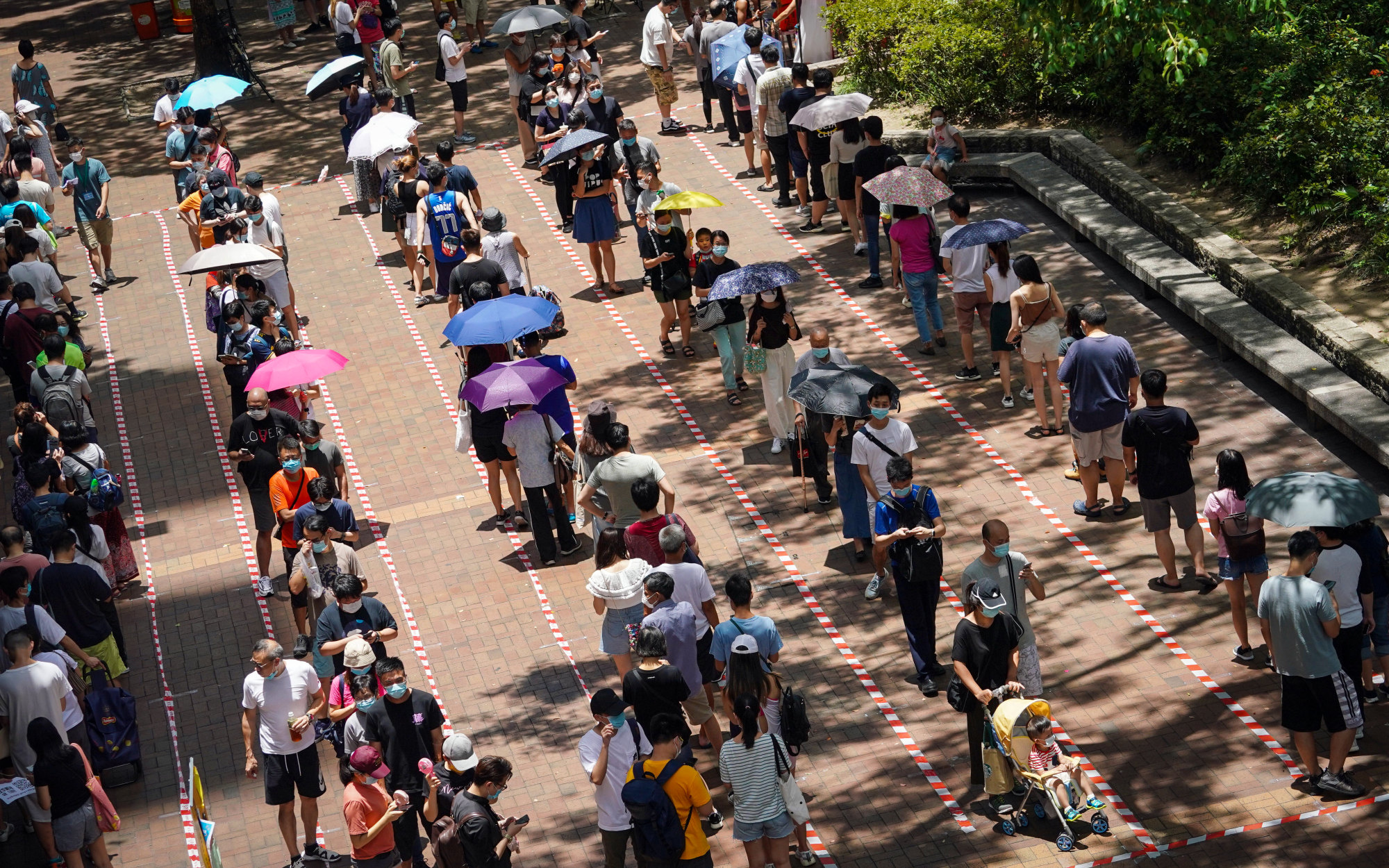Hong Kong 47 trial: court to rule on 16 opposition figures over subversion charges, plot to topple then chief executive
Prosecutors consider Tai the primary’s initiator and allege the poll was part of his “grand strategy of rebellion” to achieve Hong Kong’s “mutual destruction”.
They argued the 47 opposition figures had conspired to win control of Legco and paralyse the government by indiscriminately vetoing the fiscal budget.
The 16 who stood trial at West Kowloon Court included four former lawmakers: Helena Wong Pik-wan, Lam Cheuk-ting, Raymond Chan Chi-chuen and “Long Hair” Leung Kwok-hung.
Eight defendants are former district councillors: Tat Cheng Tat-hung, Clarisse Yeung Suet-ying, Michael Pang Cheuk-kei, Kalvin Ho Ka-ming, Sze Tak-loy, Ricky Or Yiu-lam, Lee Yue-shun and Lawrence Lau Wai-chung, who is also a barrister by profession.
The remaining four, Owen Chow Ka-shing, Gwyneth Ho Kwai-lam, Winnie Yu Wai-ming and Gordon Ng Ching-hang, are all activists.
Prosecutors alleged Ng helped to organise the primary by urging voters to only vote for candidates who took part in the poll and agreed to be bound by its result.

However, two organiser turned prosecution witnesses, Au Nok-hin and Andrew Chiu Ka-yin, both testified that they did not know Ng before their arrest and did not consider the activist’s appeal as part of the unofficial election process.
The rest of the accused were said to have agreed to further Tai’s conspiracy by running in the primary.
Ten of them who gave evidence in court denied reaching an agreement to vote down the government’s financial blueprint to cripple the city’s administration.
Two key points in contention are whether a conspiracy existed among the participants to subvert state power and whether an indiscriminate vote against the government’s budget constituted an “unlawful means” as defined by the national security law.
After the verdict, the court will hear pleas of mitigation from those convicted, including Tai and 30 others who pleaded guilty before the trial.